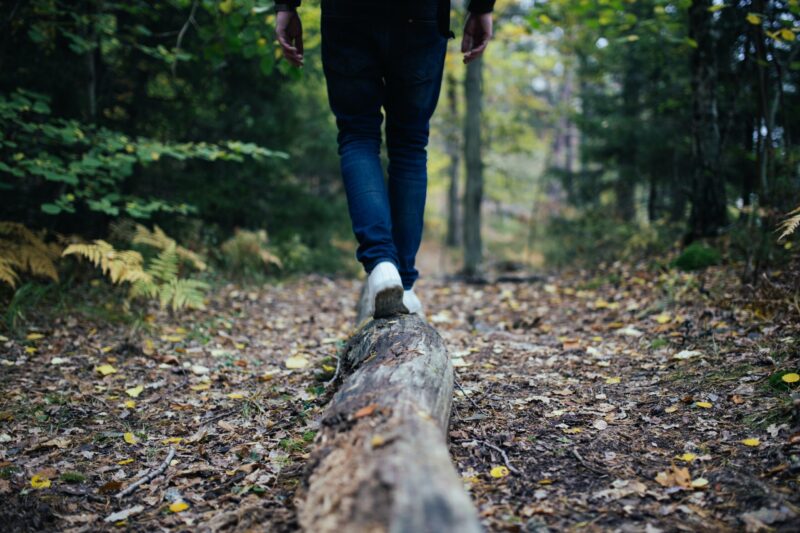Top Tips for being a Responsible Hiker
Many of us plan holidays to experience new corners of the world, and what better way to do that than exploring the local area on foot? With so many incredible hiking trails to discover, it’s no wonder that many people visit the beautiful sites in person.
However, as a hiker, you must ensure that you’re respecting the local area. Irresponsible hikers can harm the local environment and the community, so trying to minimise your impact as much as possible is essential. Keep reading for helpful tips to ensure you sustainably enjoy your next hike.
Limit single-use products
Before you rush into your next adventure, ensure you’re appropriately prepared. This means bringing all the equipment you could need for your hike, including a reusable water bottle, to reduce the waste you produce.
Disposable plastic water bottles are a common issue, particularly where hiking trails are concerned. Although drinking plenty of water on a hike is essential, plastic water bottles are not the answer. Many hiking trails are becoming littered with them, threatening the local wildlife. Instead, bring a large bottle with you and refill it at the designated points, or use a bottle with a filter and drink straight from any approved streams or rivers nearby.
Take your rubbish with you.
Some products will inevitably produce some waste, such as snack wrappers or cigarettes, but resist the temptation to discard them on the trail. As with plastic bottles, wrappers can not only become an eyesore in an otherwise beautiful area, but they can also harm the local wildlife.
Ensure you bring any rubbish off the trail instead, where it can be disposed of appropriately. It is even better if recycling facilities are available, further reducing your impact.
Don’t interact with wildlife.
Hiking trails are often located in areas with unique wildlife, making them particularly attractive locations. However, these ecosystems are fragile, so it’s essential to be mindful of the impact we can have.
Please resist the temptation to feed any of the creatures you encounter, as it can disrupt the food chain, leading to population changes and potentially endangering other wildlife. Similarly, don’t touch any local wildlife. Although they may seem harmless, touching them can present a danger to both the animal and you.
Being a responsible hiker is about treating the areas you visit with the same respect that you would your home. These stunning locations should be protected from harm, kept clean and left as they were found to ensure that future generations can enjoy them as we do. Not only that, but it’s essential to respect the local community during your visit. After all, they live there year-round; the least we can do is preserve the beautiful trails during our visits.

